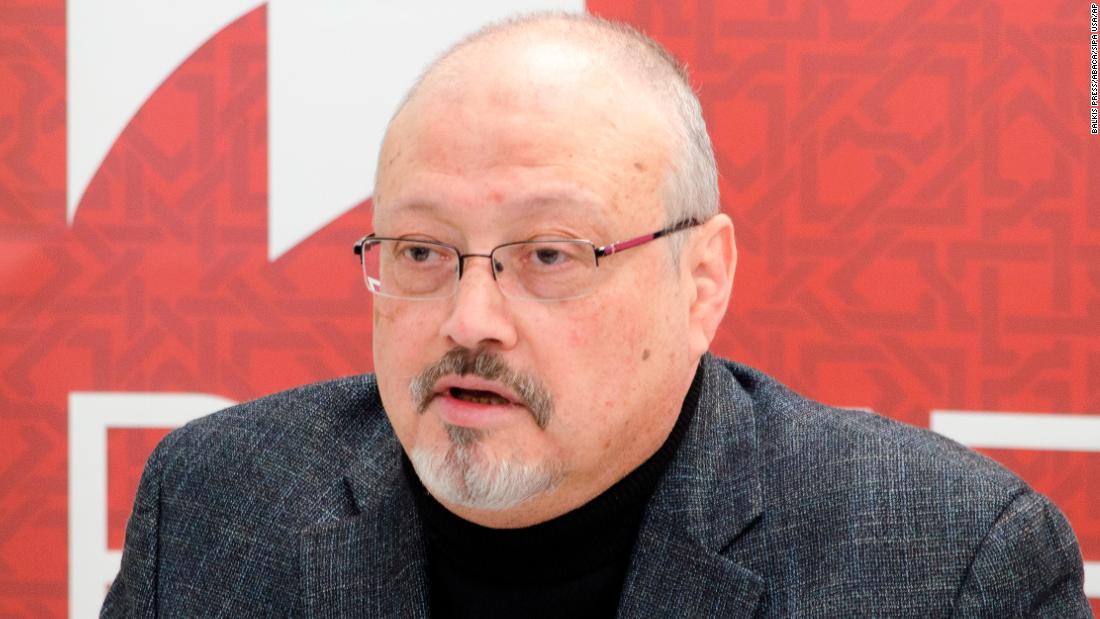Dubbed “Khashoggi Ban” by the State Department, the measure issued visa restrictions for 76 Saudis and their families. The plan was initially outlined by the Trump administration, which shelved it due to fears of alienating the Middle East’s main ally. Although Biden’s team contemplated the idea during the transition, once they were in office, they found that State Department career officers had already drafted the plan, according to people familiar with policy development.
“The job has been done,” confirmed a senior Trump administration official, noting that the plan was rejected on “consensus recommendation” after it was submitted and discussed by senior Trump administration officials.
As soon as Biden took office, new officials appointed to the State Department arrived with “a very similar concept already in mind,” said a Biden government official. They asked the career experts who had developed the Trump plan what could be done to make it happen.
Ultimately, the list of 76 Saudis in the “Ban on Khashoggi”, whose names the State Department said it would not publish, was sent to Congress in February 2020 as part of a confidential stock report the department was considering under then Secretary Mike Pompeo, an employee who saw the lists, told CNN.
“It is quite normal for departments and agencies to present policies previously considered for review when new governments arrive,” said Javed Ali, a longtime national security official who served both Trump and President Barack Obama. “This is especially the case in the first few months of any new government.”
The visa ban for 76 Saudis was accompanied by sanctions against a Saudi officer and the Crown Prince’s personal protection team, the Rapid Intervention Force. But no direct punishment was directed at the Crown Prince himself, who was specifically cited at the top of the long-awaited unclassified intelligence report for having approved Khashoggi’s murder.
The goal now, the Biden government argued last week, is to “recalibrate” with Saudi Arabia, not to “break through”.
“Any country that dares to be involved in these abominable acts must know that its officials – and their immediate family members – may be subject to this new policy,” a senior State Department official said in a statement. “We hope it will have a deterrent effect around the world.”
The Trump administration disagreed, feeling that the visa ban would be counterproductive, Trump’s senior official told CNN. The ban was “considered symbolic, ineffective and is likely to take the Saudis to Russia [and] Chinese hug, “said the official.
In response to criticism that it did not go far enough against the MBS, the Biden government defended itself by pointing out the first steps taken against Saudi Arabia: ending US support for the war in Yemen, a review of arms sales and a further assessment heavy focus on human rights.
When Biden’s top intelligence official, Avril Haines, released the non-confidential report on Khashoggi’s murder, she was keeping her promise to Congress to publish it. The release was required by law, which was ignored by the Trump administration.
ODNI declined to explain why the names were withdrawn, as well as saying that “they should not have been included”.
Last week, ODNI sent a confidential explanation of the error to the Capitol, according to an official who saw it and said the three men were in fact linked to Khashoggi’s murder.
“It was no accident that the three names were in a version of the report,” said the official.
ODNI declined to comment on its clarification to Congress.
The error, which now appears to be an awkward disclosure of confidential information, is even more striking because the Biden administration said the report contained no new information and had been communicated to Congress more than a year ago. However, none of the three names was mentioned earlier in connection with Khashoggi’s death.
One of the three men whose names have been removed, Abdulla Mohammed Alhoeriny, is a senior counterterrorism officer whose brother is the head of the Saudi Arabian State Security Presidency. It is not known whether he or the others are among the 76 who have been banned from traveling to the United States.
CNN’s Vivian Salama and Kylie Atwood contributed to this report.
